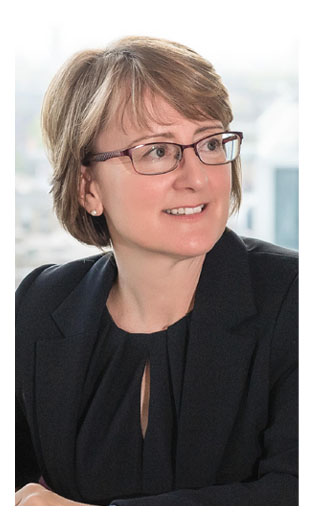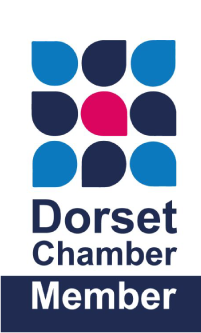Did you know that more than 30,000 websites get hacked each day!
Many business owners think hackers have bigger fish to fry and don’t have any reason to target their website. That’s simply not the case. In fact, 43% of cyber crimes are against small businesses. You can’t just assume that your website is secure. If you haven’t done anything to beef up the security, it’s probably vulnerable for attacks. Even if you have done something, you need to keep updating your site and making sure that it’s still secure. The Internet moves fast. There’s no room for “probably” here.

Here are some steps you need to take to improve your website security right now.
Use HTTPS protocol
If your website isn’t currently using HTTPS protocol, that needs to jump to the top of your priority list. This essentially tells your website visitors that they’re interacting with the proper server and nothing else can alter or intercept the content they’re viewing. Without HTTPS a hacker can change information on the page to gather personal information from your site visitors. For example, they could steal login information and passwords from users. HTTPS protocol will also improve your search ranking.
Invest in an SSL (secure sockets layer) certificate.
This is required for ecommerce websites since users are submitting sensitive information like credit card numbers, names, and addresses. SSL certificates encrypt the communication between the server and the user’s web browser. This is a very nice added layer of encryption to keep your website safe (though it doesn’t prevent attacks or malware distribution).
Update your software
If you own a computer, you know how often you have to update the software to keep it running smoothly. The same goes for your website. Make sure you have the most recent version of WordPress software, plugins, CMS, and anything else that needs an update. Software updates typically come with security improvements. If you’re not staying up to date on the latest software versions, it will be easy for hackers to identify and target your site before you can do anything about it.

Change your password
Change your password—and do so regularly. I can’t stress this enough. All too often I speak to people who have the same password for everything they own, and it’s something they’ve been using for the last ten years ago. Here’s the problem with that: if hackers get access to your password, they’re going to try on other things such as bank accounts, social media accounts, and more. If you’ve kept the same password over multiple different accounts, you’re essentially handing them the master key to your Internet life. That’s why you need to constantly update your password. You can use a password manager to help you generate long passwords with special characters that are nearly impossible to solve. You can rest easy knowing that your passwords are safe.
Use Two-factor and multi factor authentication
Pick a web host that’s using two-factor authentication. This is a feature that requires you to confirm a login on a separate device (most commonly a smartphone). This will add an extra layer of security for password protection. You should also use this on all social media accounts.
Backup your website
When it comes to securing your website, you should always prepare for the worst. Obviously, you never want to be in a situation where your website is compromised. But in the event that something goes wrong, your life will be much easier if your content is completely backed up.
Conclusion
Website security needs to be one of your top priorities.
If you haven’t taken any steps to secure your website, you’re currently at risk while you’re reading this. Even if you have taken the steps, you need to do so regularly and often in order to keep your website secure. And if you need any help, support or advice please contact us at [email protected]. Or visit www.security-everywhere.com and sign up for our weekly security tips.





